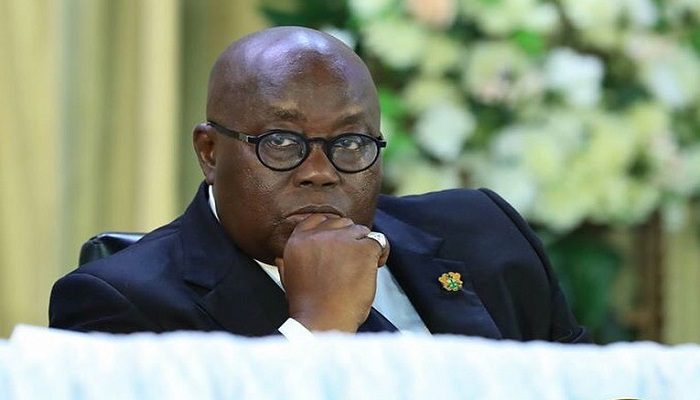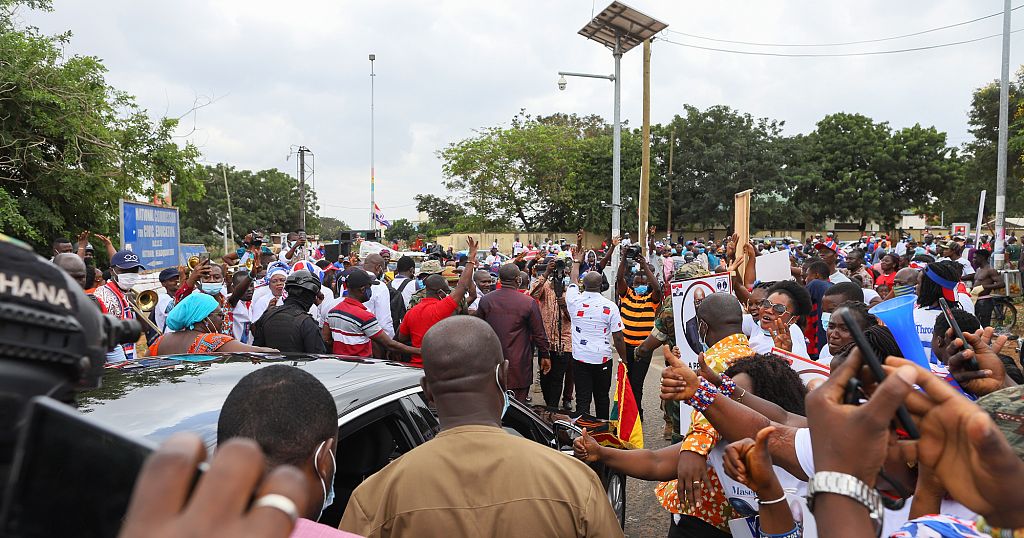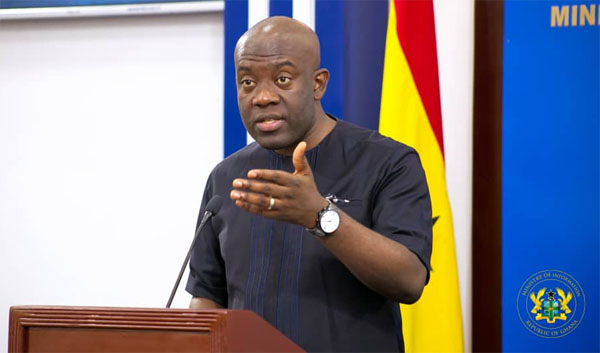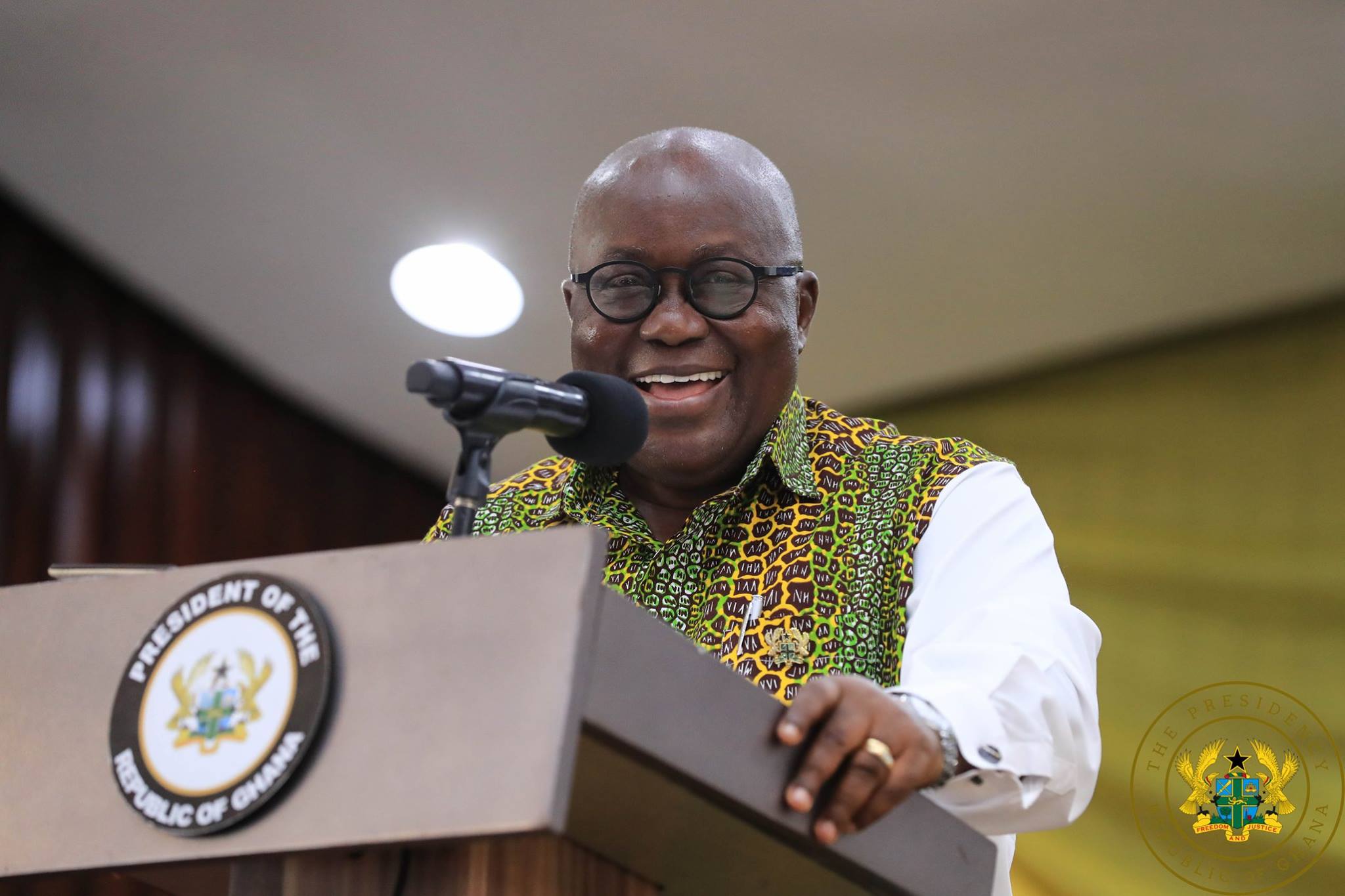The executive board of the International Monetary Fund (IMF) has given the green light to provide Ghana with a three-year extended credit facility (ECF) arrangement worth $3 billion.
According to a statement released on Wednesday, Ghana will receive an initial disbursement of approximately $600 million.
The purpose of this 36-month program is to support the Ghanaian government’s comprehensive reform agenda, which aims to restore stability to the country’s economy and ensure the sustainability of its debt.
The IMF expects that this program will assist Ghana in addressing immediate policy and financing challenges, securing financial assistance from development partners, and establishing a framework for successfully completing its ongoing debt restructuring process.
How did Ghana get to this Point?
Ghana, widely regarded as one of Africa’s well-governed nations, has faced significant challenges in recovering from the dual impact of the global Covid-19 pandemic and the conflict in Ukraine.
Even President Nana Akufo Addo admitted in October of last year that the country was facing a crisis, attributing it to the convergence of “malevolent forces.”

However, the opposition holds the government responsible for what it calls “gross mismanagement” of the economy, an allegation firmly denied by the government.
Although the inflation rate, which measures the rate of price increases, is gradually declining, it remains alarmingly high.
Ghana’s debt burden now stands at nearly 90% of its annual economic output. The government had defaulted on loan payments and had to restructure its debt with creditors to become eligible for the IMF bailout.
The country’s foreign reserves have significantly depleted, making it challenging to afford imports, typically denominated in US dollars.
Within this context, many Ghanaians have eagerly anticipated the arrival of the IMF bailout program.
‘Help’ Arrives
It is worth noting that this marks the 17th occasion, spanning over six decades since Ghana gained independence, that the nation has opted for an IMF program.
In July 2022, Ghana turned to the International Monetary Fund (IMF) for assistance following widespread protests by its citizens due to mounting inflation, currency devaluation, and other economic challenges.
It is worth noting that Ghana had previously declined to seek support from the IMF. However, after deliberations by the executive board regarding Ghana’s situation, Kristalina Georgieva, the Managing Director of the IMF, stated that the country had experienced a severe economic and financial crisis due to a combination of significant external shocks and existing fiscal and debt vulnerabilities.

Will this time be any Different?
Despite being a major global producer of cocoa and the leading gold producer in Africa, Ghana faces a fundamental challenge of insufficient export earnings to cover its import expenditures, commonly referred to as a balance of payments deficit. The recently approved IMF loan aims to address this issue, among other objectives.
The IMF program is expected to have a positive impact on Ghana’s economy by effectively reducing the inflation rate and ensuring a stable local currency. These outcomes will directly benefit ordinary Ghanaians by maintaining stable prices of essential goods, including imported ones.
Lending money to Ghana has been viewed as risky in the past. However, with the new IMF program, the country should regain access to borrowing funds for implementing its policies.
Development partners, including the World Bank, have pledged their support to help Ghana overcome its economic challenges, while investors are likely to regain confidence in the country’s stability. However, it is important to note that the IMF’s financial injection may not be a comprehensive solution to Ghana’s long-term economic issues, given that the country only completed its previous IMF program in 2019 and is now seeking additional funding.
What Are Analysts Saying?
Analysts attribute this recurring trend to long-standing mismanagement by successive governments over the years.
The newly implemented bailout program spans a maximum duration of three years, prompting concerns about the future beyond this period. Many wonder if the situation will deteriorate once again.
While the bailout is expected to address immediate challenges according to popular belief among Ghanaians, economist Professor Godfred Bokpin from the University of Ghana asserts that it will not lead to poverty reduction, job creation, or salary increases.
Perfect Timing for Election Campaigning?
Professor Bokpin highlights that the upcoming year when Ghana holds elections will pose the greatest challenge to implementing the IMF program.
Historically, Ghanaian governments have ramped up spending significantly prior to elections to showcase their performance, even if they lack the necessary funds.

“During the elections, the government will have the desire to spend, but the program will restrict them. Therefore, they will either abandon the program or make trade-offs,” explains Professor Bokpin.
It remains intriguing to observe how the IMF program will effectively restrain politicians from excessive spending during the elections.
IMF Loan: The Dire Consequences
According to Information Minister Kojo Oppong Nkrumah, Ghana’s government will face the challenge of increasing its revenue while simultaneously reducing spending, as stated in an interview with the BBC.

As a result, it is expected that taxes will likely be raised, leading to potential increases in the prices of water, electricity, and fuel, as noted by Professor Bokpin.
The government has already implemented new taxes on items such as cigarettes, sugary drinks, spirits, and wine, along with an income tax hike, which will significantly impact certain individuals’ finances.
Acknowledging the limitations of the IMF program, the government acknowledges that it is not a cure-all solution.
“We have additional programs in place to facilitate economic growth, support the private sector, and manage the cost of living,” stated Mr. Nkrumah.

